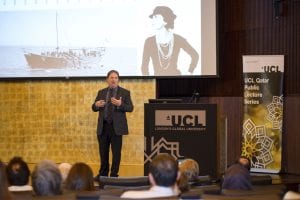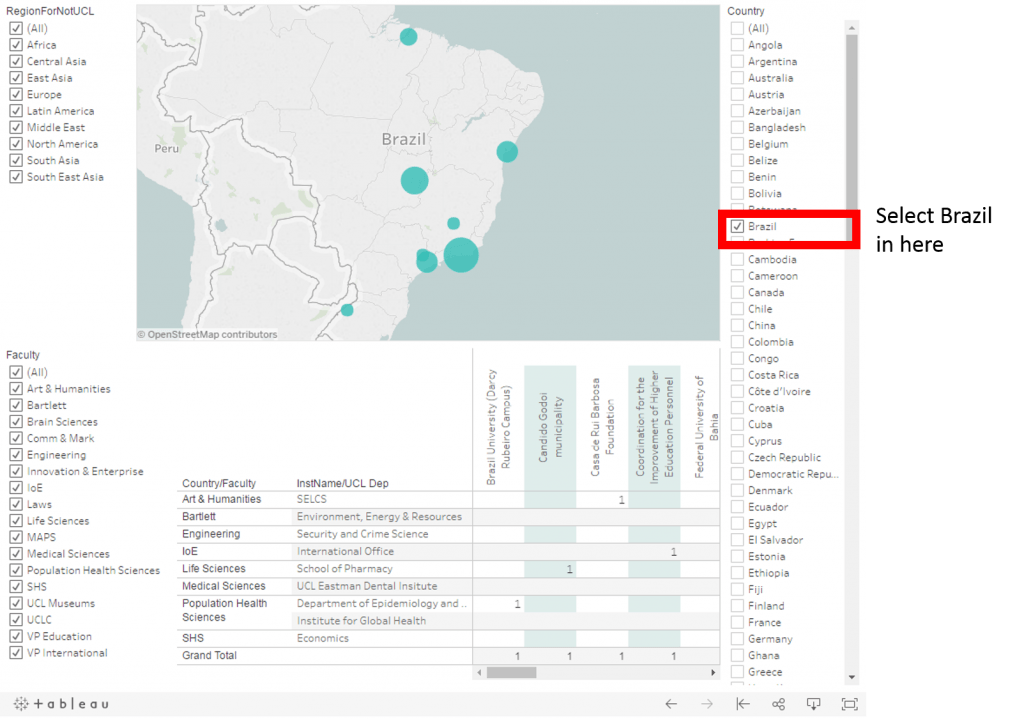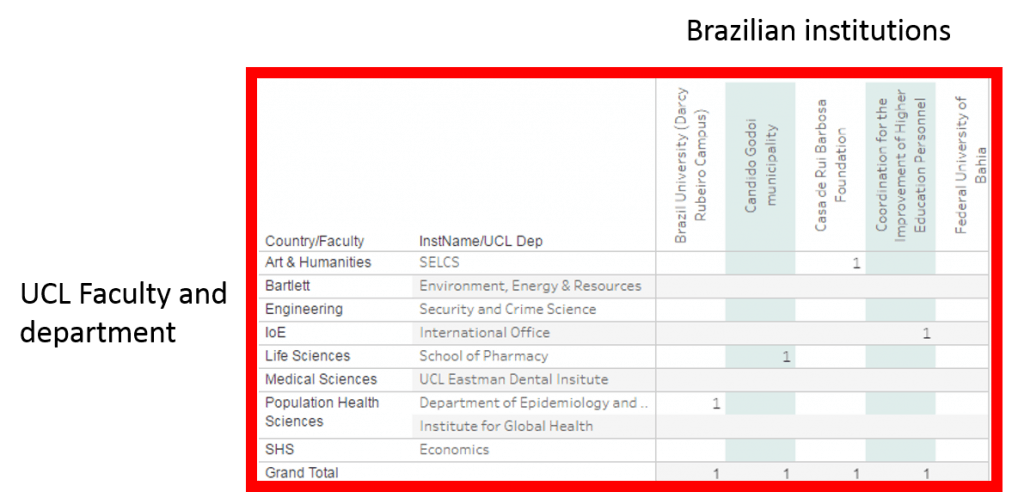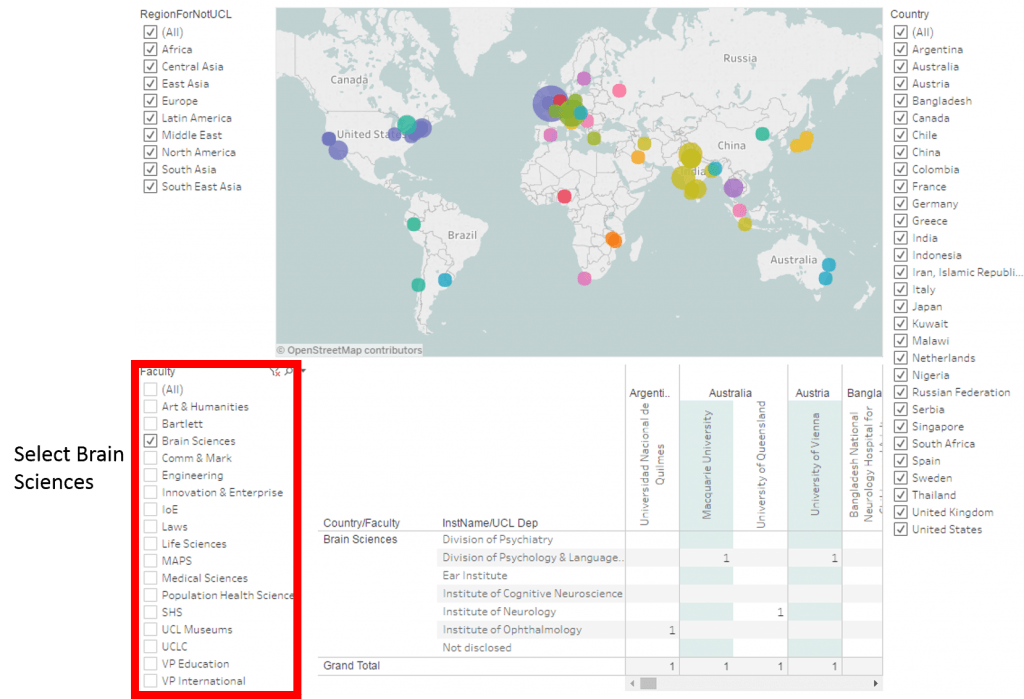Ask GEO: Lizzy Deacon, Senior Partnership Manager (East Asia)
By ucypsga, on 10 January 2018
 Could you give a brief overview of your role and the activity in your region?
Could you give a brief overview of your role and the activity in your region?
I’m the Senior Partnership Manager for East Asia and I’ve been in the role for nearly six months.
I’m responsible for implementing UCL’s Global Engagement Strategy in the region, which involves facilitating our partnerships of equivalence, principally with Peking University (PKU). We have several other important partnerships in East Asia, including with Osaka University in Japan.
Part of my role involves nurturing these partnerships, which includes organising bilateral delegation visits and monitoring the agreements made in our MOUs [memorandums of understanding]. So far I’ve already been on two delegation visits led by the Provost – one to Japan and one to China – and I got married in between the two, so it’s been rather a baptism of fire!
What led you to the role?
I studied Chinese with International Relations at Durham and SOAS, and was always keen to work in an environment that made use of my knowledge of the country and the language. I lived in China for a year as part of my degree before working at Oxford University in international programmes/partnerships for eight years, followed by Queen Mary University, where I managed a large joint programme with a university in China. When I saw this job come up I was really excited because it gave me the opportunity to move into a more strategic role.
You went on the Provost’s trip to China late last year. How did it go?
It was hugely successful. The focus of the visit was a trip to PKU. We visited three of the key schools at PKU with whom we have strong collaborations (the School for Chinese as a Second Language, the National School of Development and the Yenching Academy). We also had a Presidential-level meeting at which we signed a memo which details the main strands of our collaboration with PKU, and signed the agreement for a new dual MA programme in Health and Humanity.
We also visited Hanban, where the Provost gave a very well-received speech about the UCL IoE Confucius Institute, and we met with the head of the British Council in China and the British Ambassador. In addition, the Provost presided over UCL’s first ever graduation celebration for Chinese graduands and their families in China.
What was your personal highlight of the trip?
Probably building a relationship with my counterpart at PKU: I think it will really help the relationship to flourish. Also, attending (and salsa dancing at) the Beijing Alumni Ball, together with the whole team, including the Provost.
How can academics find out more about UCL activity in the region?
We have some region-specific funding schemes, both with the university of Hong Kong (the strategic partnership fund around Grand Challenges themes, led by OVPR) and we also have a PKU strategic partner seed funding scheme, which is about to reopen. You can find all of the information about this on the GEO web pages.
I’m also really keen to get out there and meet academics who have significant collaborations in the region. If they need information about a specific partner university or want to know whether or not there’s an existing collaboration with a university in their region, please get in touch with me! All UCL staff who are interested in the East Asia Region are also welcome to join the regional network.
What are you looking forward to in 2018?
One of my priorities for 2018 is following up on the momentum generated by our successful Japan visit. It’s really exciting that our partnerships there are moving forward at such a pace and I’m looking forward to working with our partners to further deepen our collaborations.
 Close
Close






